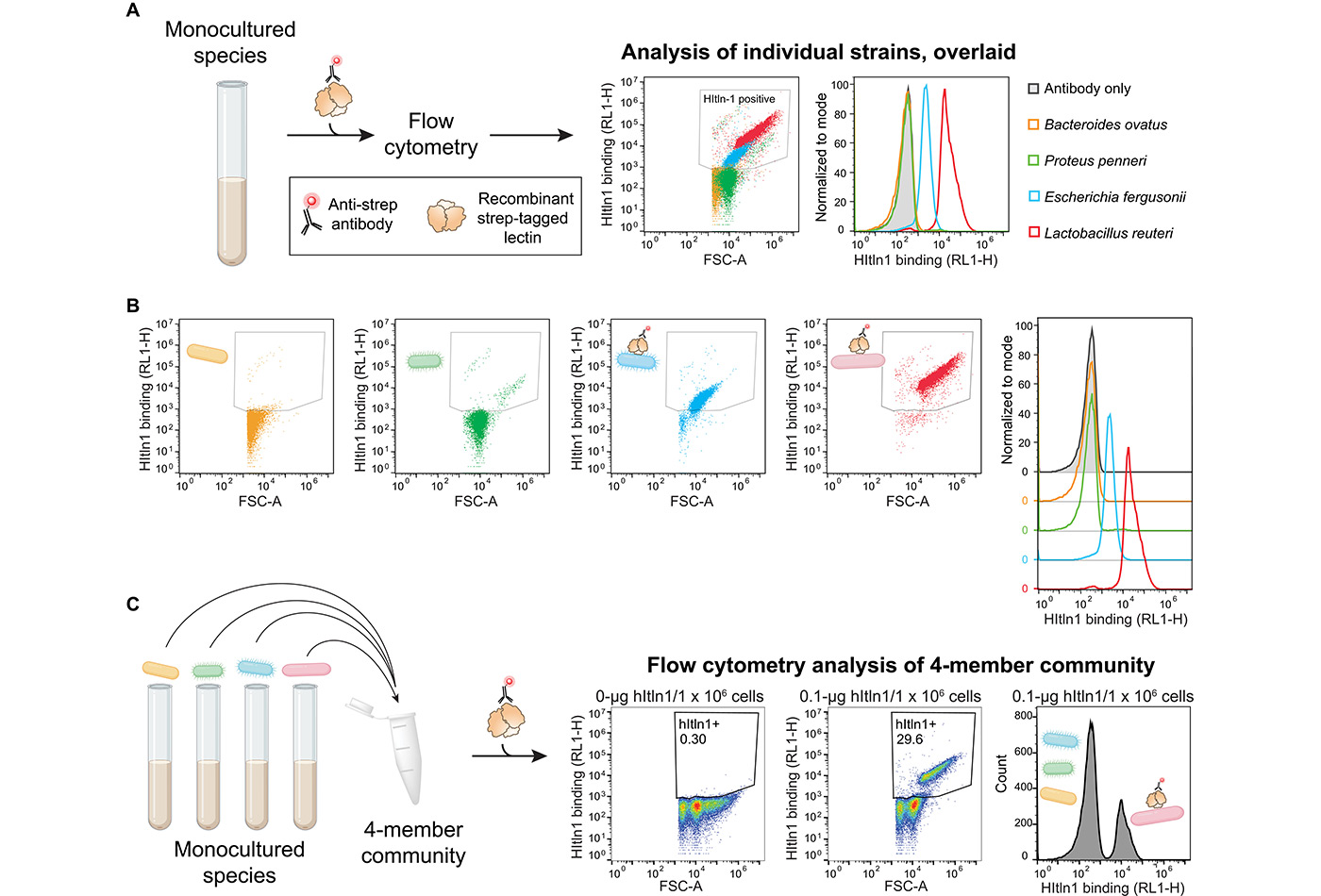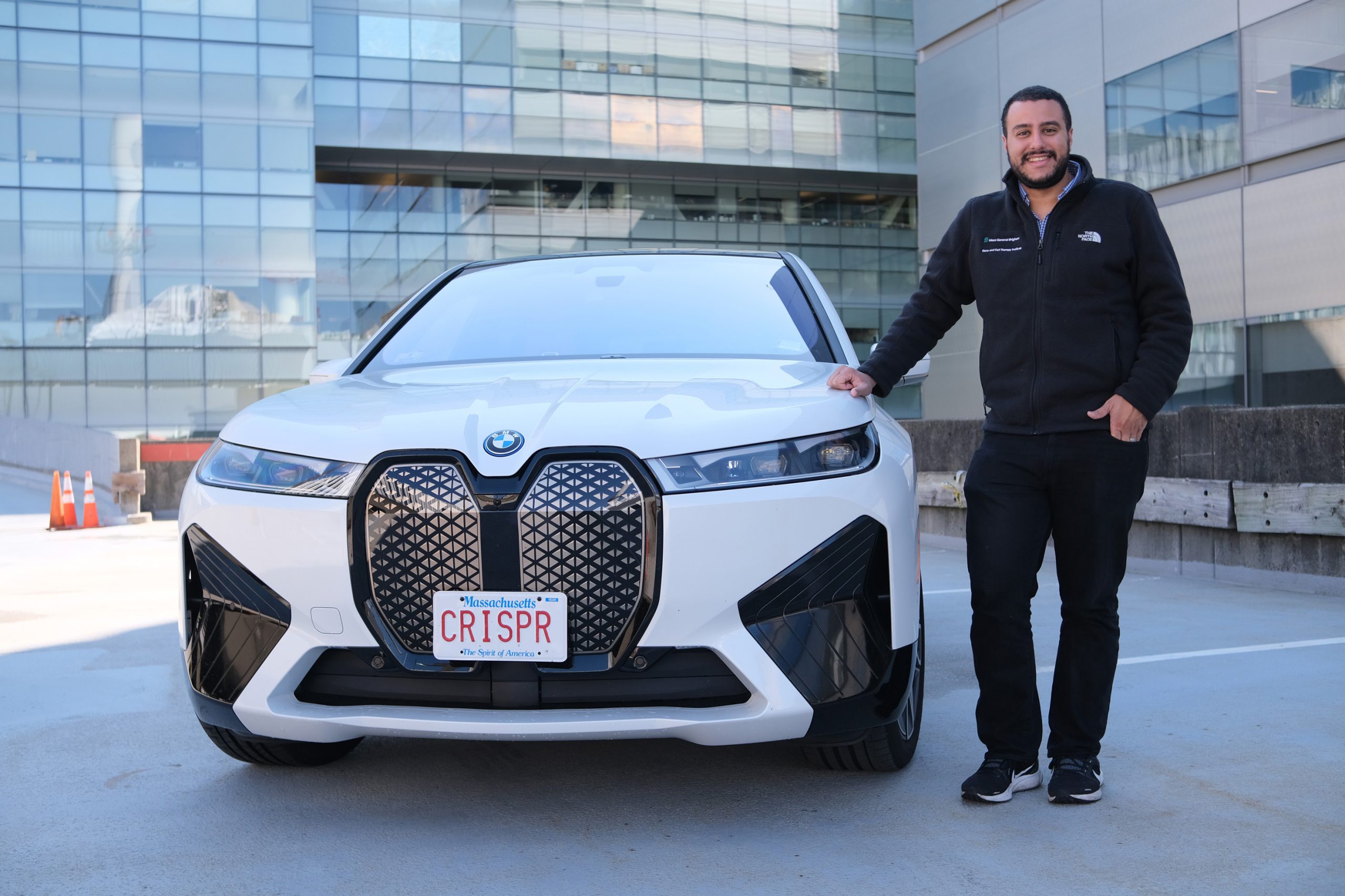Kiessling paper published in Science Advances
The paper, “Lectin-Seq: A method to profile lectin-microbe interactions in native communities", was published on July 28, 2023.
Lectin-Seq: a method to profile lectin-microbe interactions in native communities
Robert L. McPherson, Christine R. Isabella, Rebecca L. Walker, Dallis Sergio, Sunhee Bae, Tony Gaca, Smrithi Raman, Le Thanh Tu Nguyen, Darryl A. Wesener, Melanie Halim, Michael G. Wuo, Amanda Dugan, Robert Kerby, Soumi Ghosh, Federico E. Rey, Catherine Dhennezel, Gleb Pishchany, Valerie Lensch, Hera Vlamakis, Eric J. Alm, Ramnik J. Xavier, and Laura L. Kiessling
Science Advances, July 28, 2023
DOI: 10.1126/sciadv.add8766
Abstract: Soluble human lectins are critical components of innate immunity. Genetic models suggest lectins influence host-resident microbiota, but their specificity for commensal and mutualist species is understudied. Elucidating lectins’ roles in regulating microbiota requires an understanding of which microbial species they bind within native communities. To profile human lectin recognition, members of the Kiessling Group developed Lectin-Seq. The researchers apply Lectin-Seq to human fecal microbiota using the soluble mannose-binding lectin (MBL) and intelectin-1 (hItln1). Although each lectin binds a substrantial percentage of the samples (10-20%), the microbial interactomes of MBL and hItln1 differ markedly in composition and diversity. MBL binding is highly selective for a small subset of species commonly associated with humans. In contrast, hItln1’s interaction profile encompasses a broad range of lower-abundance species. This data uncovers stark differences in the commensal recognition properties of human lectins.
Read the full text at Science Advances.
The Kiessling Group uses chemical biology to elucidate the biological roles of carbohydrates, with a focus on learning new mechanistic concepts.





